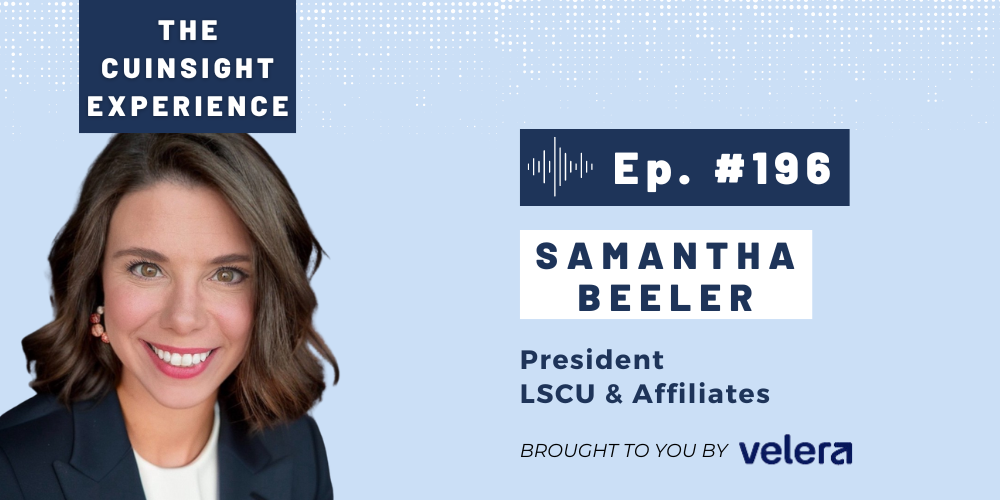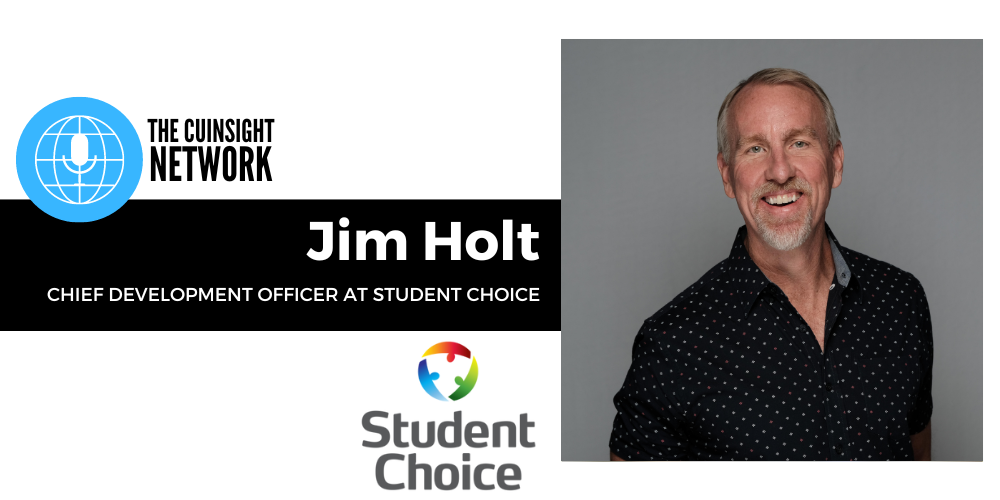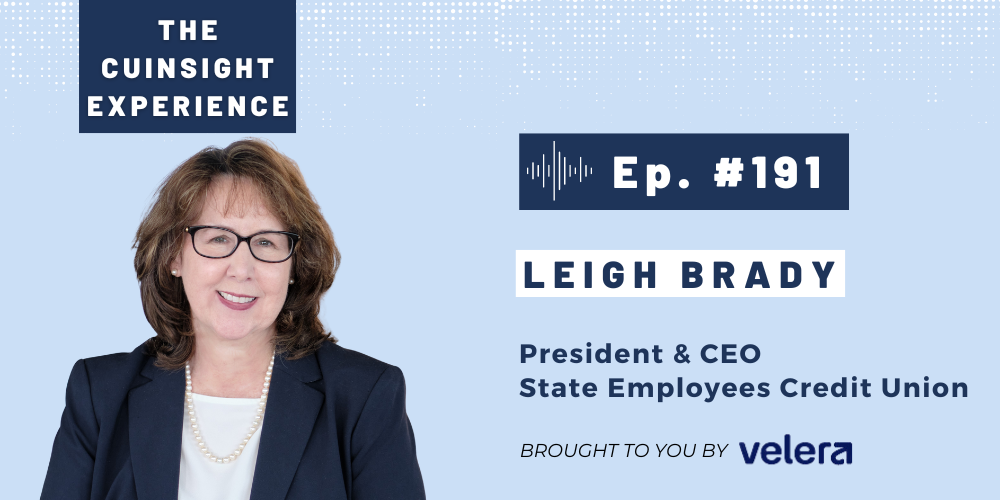Deciding whether to stay in a current job or move on to new opportunities is one of the most challenging decisions professionals face. It's a choice that impacts not only our careers but our personal lives, our bank accounts, and overall well-being. As an HR leader with a passion for people, I've seen how difficult this decision can be for people to make.
Interestingly, The Clash, Kenny Rogers, and Kelly Clarkson all had something to say about the topic of staying or leaving. In this article, I'll explore this topic using insights from three iconic songs: "Should I Stay or Should I Go" by The Clash, "The Gambler" by Kenny Rogers, and "Breakaway" by Kelly Clarkson. We'll also delve into the top reasons people quit their jobs and why people stay.
Should I Stay or Should I Go - The Clash: The push-pull of career decisions
The Clash's punk anthem "Should I Stay or Should I Go" encapsulates the internal struggle many employees face. The lyrics speak to the back-and-forth uncertainty that can plague our thoughts when considering a job change. This indecision often stems from conflicting factors: dissatisfaction with certain aspects of the job versus loyalty to the company or colleagues.
The Clash’s lyrics, “Should I stay, or should I go now? If I go, there will be trouble. And if I stay it will be double,” captures the essence of the turmoil many professionals experience when faced with the decision to leave a job. The "trouble" represents the fear of the unknown, the risk of leaving a stable position, and the potential challenges of finding a new job. On the other hand, the "double" signifies the ongoing dissatisfaction and frustration that may result from staying in an unfulfilling role. This lyrical tug-of-war mirrors the real-life conflict where employees weigh the potential benefits of leaving against the comfort of their current position.
Further into the song, the line “This indecision's bugging me” highlights the mental strain and stress that come with this kind of uncertainty. Employees often feel trapped in a cycle of doubt, where the fear of making the wrong decision can be paralyzing. The prospect of leaving behind a familiar environment, colleagues, and routine can be daunting, especially when the future is uncertain. This hesitation can lead to prolonged periods of unhappiness, where the employee feels stuck and unable to move forward in their career.
The song also touches on loyalty and personal connections, which can complicate the decision to leave. Lyrics like “If you don’t want me, set me free” suggest a longing for clarity and direction, something many employees wish their employers would provide. The bonds formed with colleagues and the sense of duty towards the company can make the decision to leave even more challenging. It’s not just about finding a better opportunity; it’s about severing ties and potentially disappointing those who rely on you. This emotional aspect underscores the complexity of the decision-making process, making it clear that the choice to stay or go is rarely black and white.
Key Takeaway from The Clash: When contemplating a job change, it's crucial to weigh the pros and cons. Create a list of what you love about your job and what frustrates you. This can help clarify your thoughts and guide your decision-making process. Talking to mentors about your “list” will help you refine the decision even further.
The Gambler - Kenny Rogers: Knowing when to hold 'em and when to fold 'em
Kenny Rogers' "The Gambler" offers timeless wisdom, "You've got to know when to hold 'em, know when to fold 'em, know when to walk away, and know when to run." These lyrics speak to the importance of strategic decision-making and timing. In the workplace, this translates to understanding when to persevere in a challenging job and when to recognize that it's time to move on. The decision to "hold 'em" involves staying in a position despite difficulties, possibly due to potential growth opportunities or a belief in the company's mission. It's about knowing the value of patience and persistence when there are clear paths to advancement or personal development.
Conversely, the advice to "fold 'em" speaks to recognizing when a situation is no longer tenable. This could mean dealing with a toxic work environment, where the culture is detrimental to one's mental and emotional health or facing stagnant career growth with no prospects for advancement. The lyrics suggest that understanding when to let go is crucial; it's about acknowledging that staying in a harmful situation does more damage than seeking new opportunities. Employees must be attuned to these signs and brave enough to "fold" when the conditions are no longer conducive to their well-being or professional aspirations.
Finally, "know when to walk away, and know when to run" underscores the importance of timing in career decisions. Walking away might involve a thoughtful, planned transition, where an employee seeks new opportunities while still employed, ensuring a smooth shift without burning bridges. Running, on the other hand, implies an urgent departure from an untenable situation—perhaps due to ethical conflicts, severe misalignment with company values, or immediate health risks. The gambler's wisdom teaches us that career decisions require both introspection and action. By evaluating our long-term goals and immediate needs, we can make informed choices that balance risk and reward, ultimately leading to a more fulfilling professional journey.
Key Takeaway from Kenny: Pay attention to the signs that indicate it might be time to leave. These can include a lack of career advancement, persistent dissatisfaction, or a misalignment with company values. Trust your instincts and make a move when the time feels right. Trust your gut!
Breakaway - Kelly Clarkson: Embracing change and new opportunities
Kelly Clarkson's "Breakaway" is an anthem for those seeking to take a leap of faith and embrace change. The song's opening lines, "Grew up in a small town, and when the rain would fall down, I'd just stare out my window," reflect the feeling of being stuck in a situation that no longer serves you. In a professional context, this could be a job that has become routine, with no room for personal or career growth. The imagery of staring out the window symbolizes longing for something more, a desire to break free from the constraints of the current environment and explore new horizons.
The chorus, "I'll spread my wings and I'll learn how to fly, I'll do what it takes till I touch the sky," embodies the courage it takes to leave the familiar behind and pursue new opportunities. This leap of faith often requires overcoming fear and self-doubt. For many, the decision to leave a job is driven by the desire for personal growth, new challenges, or a better work-life balance. Embracing change can be daunting, but it's also a necessary step for those who feel unfulfilled or stuck in their current roles. By spreading their wings, professionals can discover new strengths, skills, and passions that might have remained dormant in their previous positions.
The song's bridge, "Out of the darkness and into the sun, but I won't forget all the ones that I love," highlights the bittersweet nature of leaving a job. While the prospect of new opportunities is exciting, there's also the emotional aspect of leaving behind colleagues and a familiar environment. This line reminds us that while change is essential for growth, it's also important to cherish the experiences and relationships formed along the way. Embracing change as an opportunity for growth means recognizing that the journey forward is built on the foundation of past experiences. For those feeling stuck or unfulfilled, seeking new challenges can reinvigorate both their career and personal life, leading to a more vibrant and fulfilling professional journey.
Key Takeaway from Kelly: Embrace change as an opportunity for growth. If you feel stuck or unfulfilled, seeking new challenges can reinvigorate your career and personal life. By taking a leap of faith and spreading your wings, you open yourself up to new possibilities and the chance to touch the sky.
Reasons why people leave:
- Poor management: Ineffective or unsupportive management can significantly impact an employee's job satisfaction. When employees feel undervalued or mistreated by their supervisors, they are more likely to seek a more positive work environment.
- Lack of career growth: Employees often leave when they feel there are no opportunities for advancement or professional development within the organization. This stagnation can lead to frustration and the desire to seek growth opportunities elsewhere.
- Inadequate compensation: When employees feel their pay does not reflect their skills, effort, or industry standards, they may look for better-paying opportunities. Fair and competitive compensation is crucial for retaining talent.
- Work-life balance: Struggling to balance personal and professional responsibilities is a common reason for leaving a job. Employees may look for positions that offer flexible working hours, remote work options, or better support for their personal needs.
- Company culture: A toxic or misaligned company culture can drive employees away. When the organizational values, practices, or work environment do not resonate with employees, they are likely to seek a better cultural fit elsewhere.
Reasons why people stay:
- Strong leadership: Effective, supportive, and inspiring leadership can foster loyalty and commitment among employees. When employees feel valued and respected by their leaders, they are more likely to stay.
- Career growth opportunities: Opportunities for advancement and professional development can keep employees engaged and motivated. When employees see a clear path for growth within the organization, they are more likely to remain long-term.
- Competitive compensation and benefits: Fair and competitive salaries, along with comprehensive benefits packages, can enhance job satisfaction. Financial stability and good benefits are strong incentives for employees to stay.
- Work-life balance: A healthy balance between work and personal life can significantly impact employee retention. Organizations that offer flexible work schedules, remote work options, and support for personal needs can keep employees happy and loyal.
- Positive company culture: A supportive, inclusive, and positive work environment can foster a sense of belonging and loyalty. When employees feel aligned with the company’s values and enjoy the workplace culture, they are more likely to stay.
The decision to stay or leave a job is complex and multifaceted, much like the messages conveyed in the iconic songs by The Clash, Kenny Rogers, and Kelly Clarkson. Each song provides a unique perspective on the challenges and opportunities involved in making such a significant choice. Whether it's the push-pull struggle in "Should I Stay or Should I Go," the strategic wisdom in "The Gambler," or the call to embrace new opportunities in "Breakaway," these musical insights can help guide our decision-making process.
As you reflect on your own career path, consider the reasons why people often leave their jobs—such as poor management, lack of career growth, inadequate compensation, work-life balance issues, and misaligned company culture. Conversely, think about what keeps employees engaged—strong leadership, career growth opportunities, competitive compensation and benefits, work-life balance, and a positive company culture. The decision to stay or go should be based on a thorough evaluation of your current situation and future aspirations. Take the time to weigh the pros and cons, seek advice from trusted mentors, and listen to your instincts. By doing so, you'll be better equipped to make a choice that aligns with your personal and professional goals. So, should you stay, or should you go? The answer lies within you, trust yourself, and lean into the process of deciding to stay or to go, don’t let the indecision kill you with stress.







